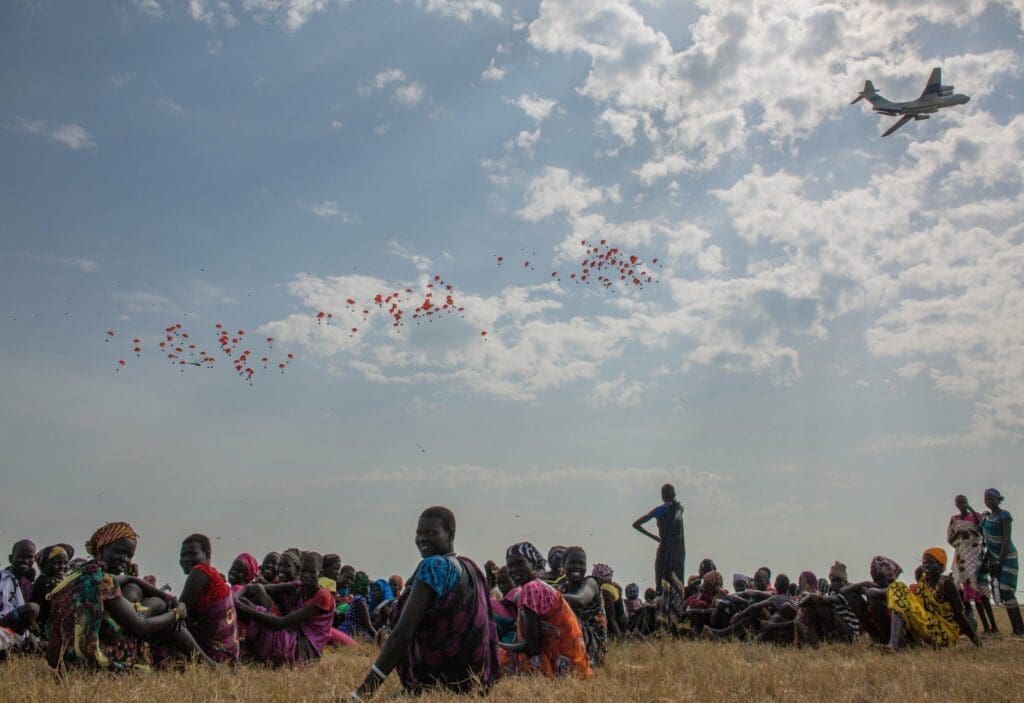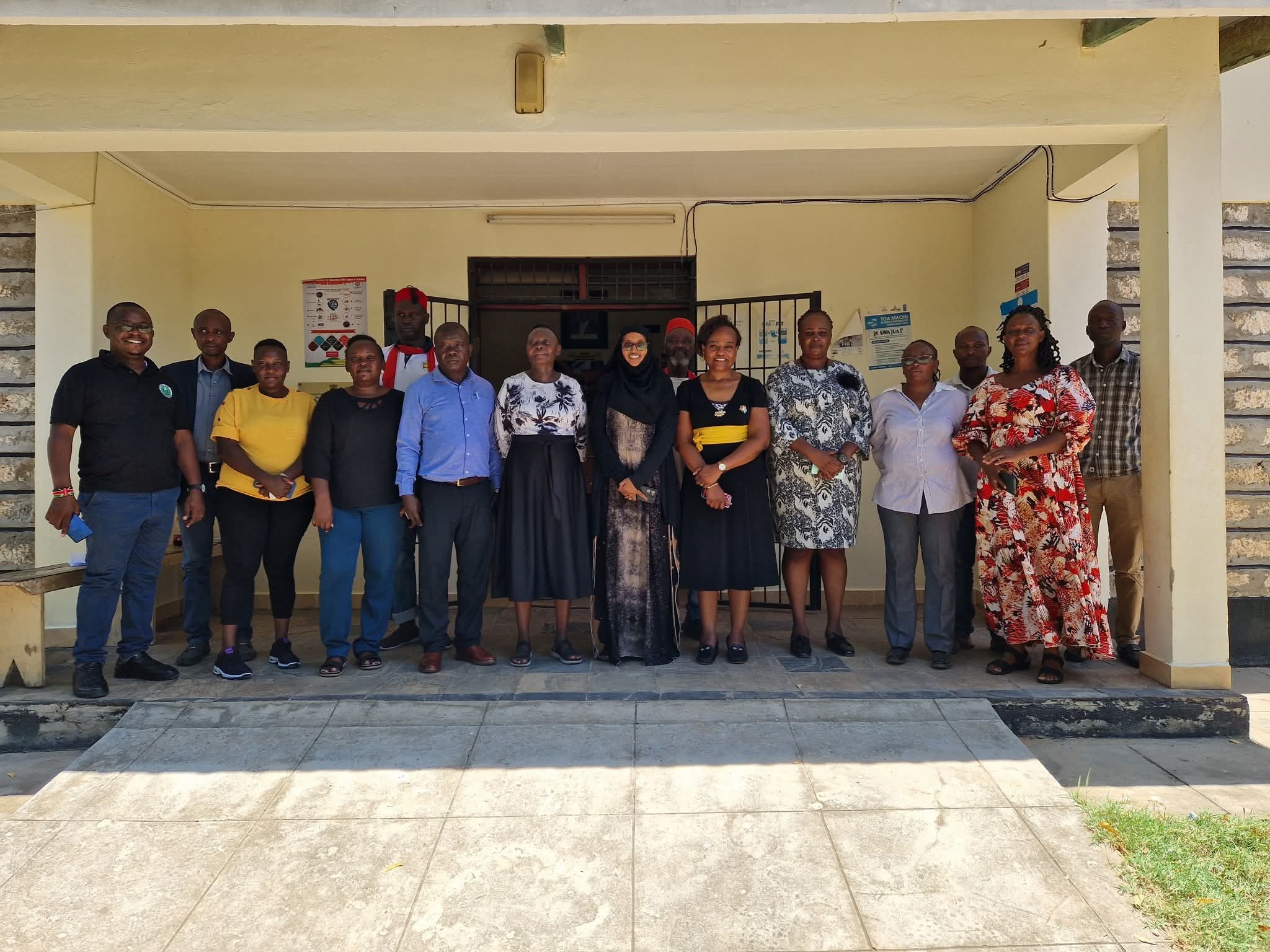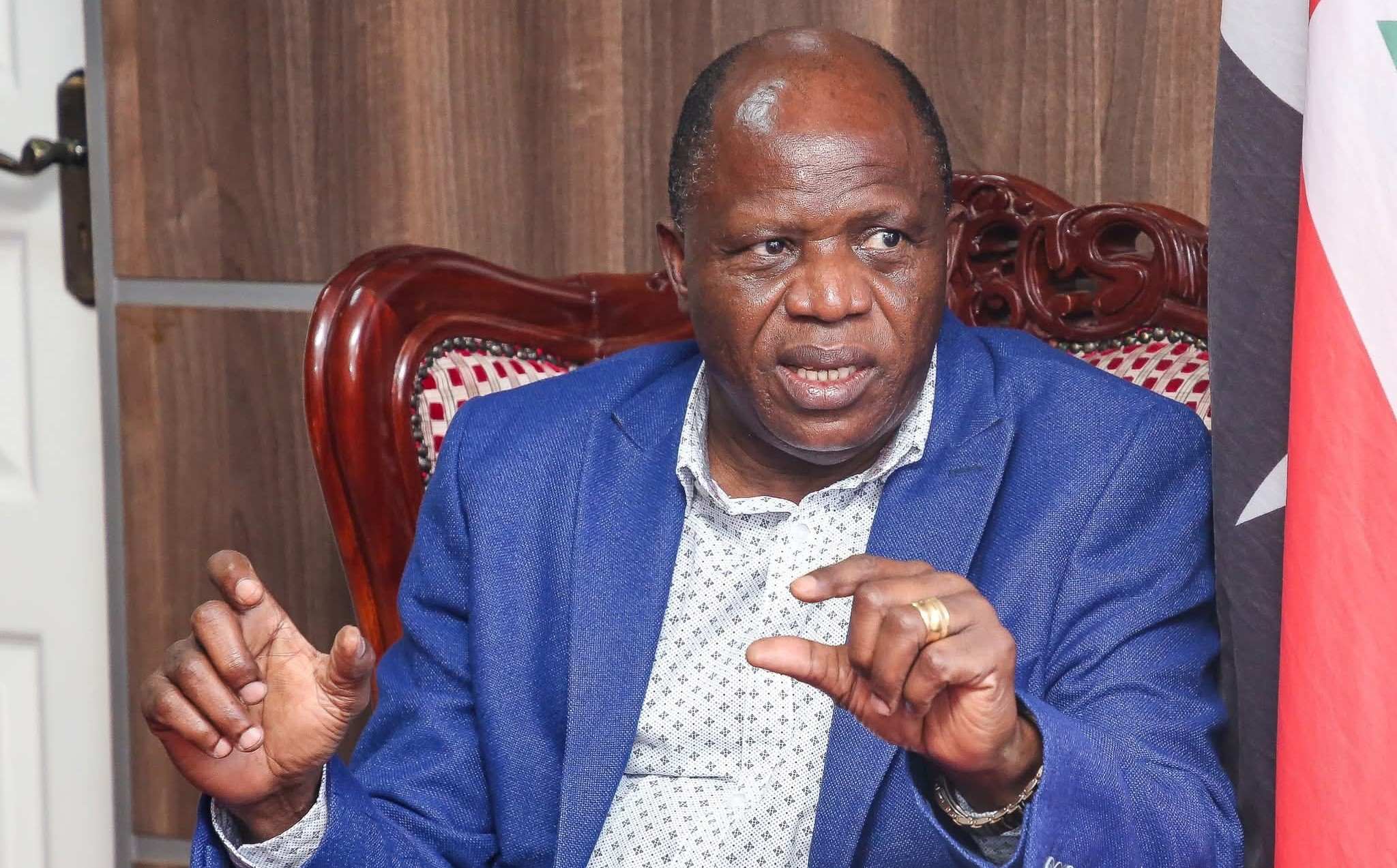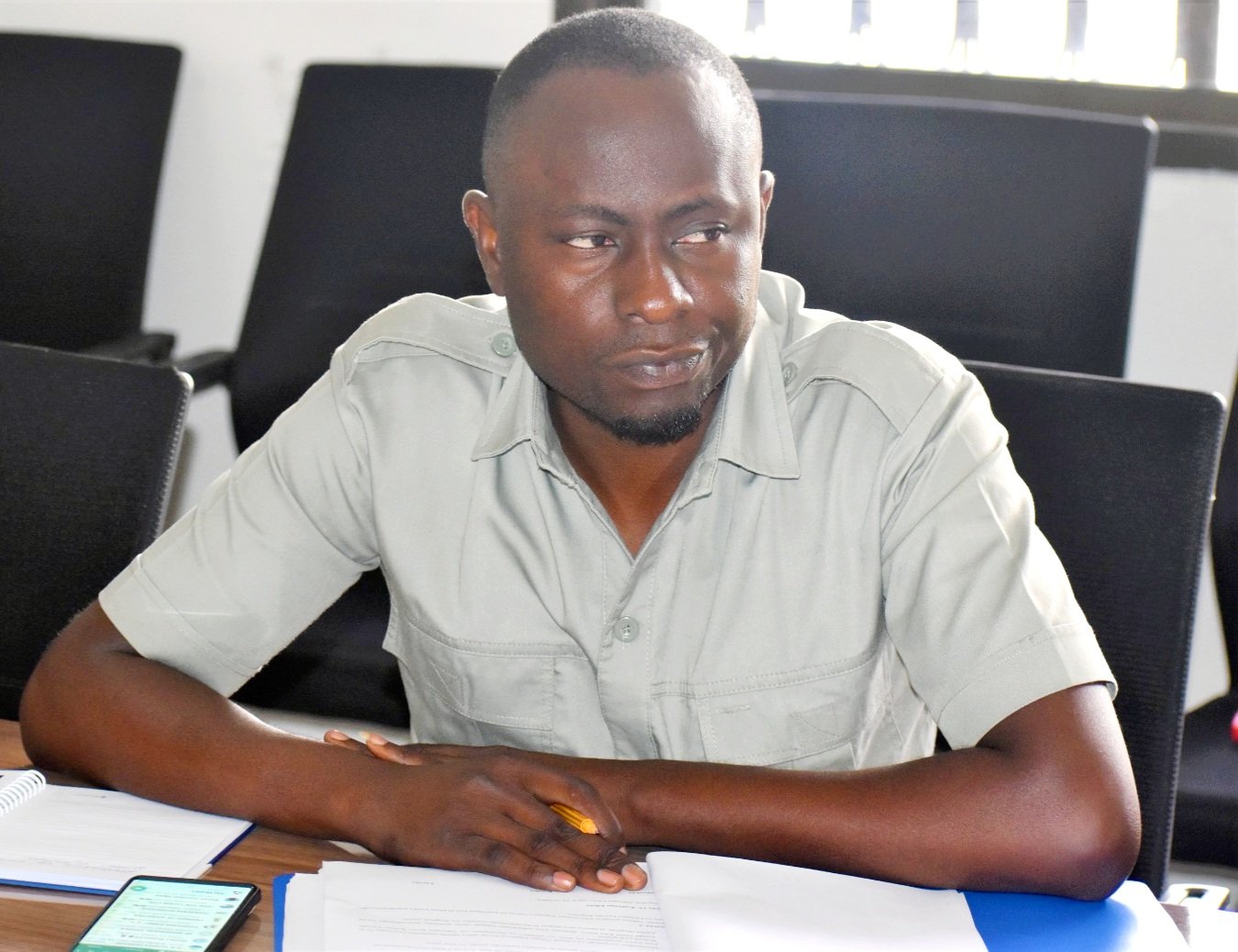South Sudan scraps tax on UN airdrops after humanitarian plea

The charges had led to the temporary suspension of crucial aid deliveries to the nation, where thousands rely on external humanitarian assistance.
The government of South Sudan has rescinded newly imposed taxes and fees on United Nations food airdrops following international appeals.
The charges had led to the temporary suspension of crucial aid deliveries to the nation, where thousands rely on external humanitarian assistance.
More To Read
- 1,000 weapon‑wounded patients treated in South Sudan hospitals this year - ICRC
- From silence to strength: South Sudan women leaders speak out and drive change
- MSF demands protection of civilians after deadly attack in Upper Nile State, South Sudan
- US ends Temporary Protected Status for South Sudanese nationals
- UN warns 7.5 million South Sudanese at risk of severe hunger
- South Sudan peace deal at risk amid ceasefire violations, political discord - report
The taxes, introduced in February, covered various operational aspects including electronic cargo tracking, security escort fees, and fuel.
The UN highlighted that these measures had severely impacted its operations and increased its monthly costs by $339,000, prompting the organization to call for their removal earlier this week.
Despite the government's rollback on the airdrop fees, Finance Minister Awow Daniel Chuang affirmed that taxes would still apply to companies contracted by the UN peacekeeping mission, explaining that these firms were profiting and should be subject to applicable taxes.
"The impact of the suspension was immediate and dire," stated the UN Humanitarian Affairs Agency.
In March alone, the pause in airdrops deprived 60,000 residents in regions cut off by road of essential food supplies, with expectations that numbers could escalate to 135,000 by the end of May.
Strain
The UN peacekeeping mission, which includes nearly 20,000 personnel engaged in various humanitarian efforts including healthcare, education, and infrastructure, also felt the strain of these financial impositions.
UN spokesman Stephane Dujarric expressed concerns about the broader ramifications of these taxes on the mission's operations.
South Sudan, which gained independence from Sudan in 2011 after a long conflict, has struggled with internal strife, economic instability, and natural disasters, leaving approximately 9 million of its 12.5 million population in need of aid and protection.
The situation is further exacerbated by the influx of refugees fleeing the ongoing conflict in neighbouring Sudan.
As South Sudan grapples with these challenges, the international community continues to monitor the situation closely, hopeful that the resumption of airdrops will alleviate some of the pressing humanitarian needs.
The UN has yet to announce when these vital food airdrops will resume following the government's policy reversal.
Top Stories Today












































